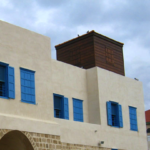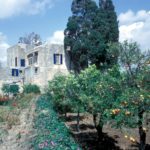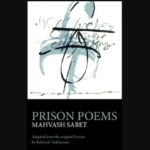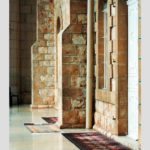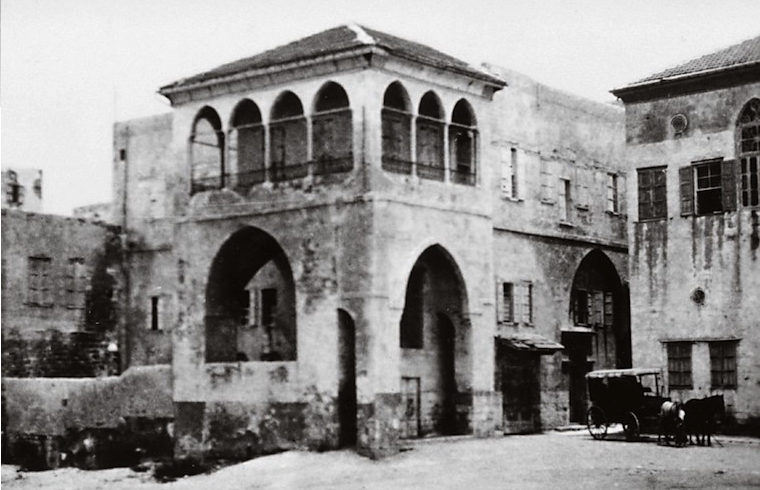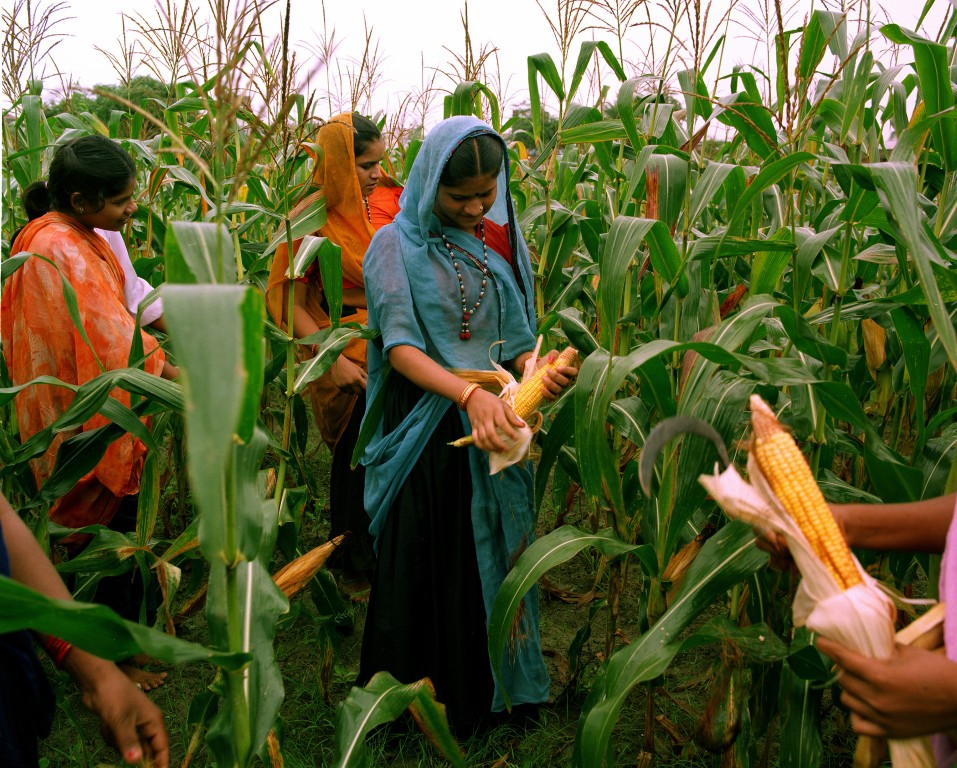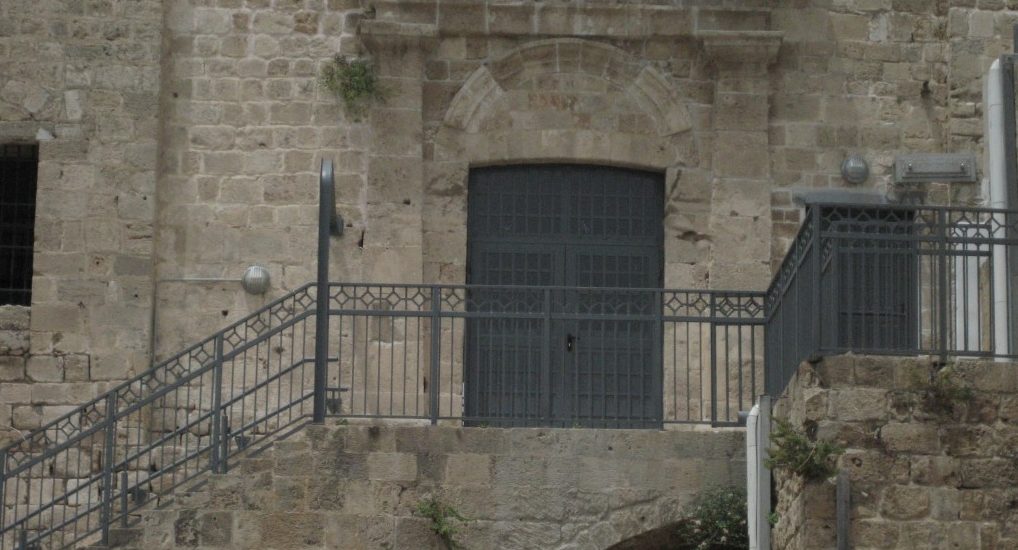
Arrival in the Prison of Akka: Abdu’l Baha
 Abdu’l Baha, Bahá’u’lláh’s eldest son, is held up as the best example of what a Baha’i life can be. Most of us struggle to exemplify even occasionally the virtues that were evident in Abdul Baha’s life. Nonetheless, reflection on his life gives us a standard for which to strive, and many stories are told about him.
Abdu’l Baha, Bahá’u’lláh’s eldest son, is held up as the best example of what a Baha’i life can be. Most of us struggle to exemplify even occasionally the virtues that were evident in Abdul Baha’s life. Nonetheless, reflection on his life gives us a standard for which to strive, and many stories are told about him.
Among those stories, as told by his sister Bahiyyih Khanum, are the first days in the prison of Akka. Initially, conditions were extremely harsh and Baha’u’llah and his followers were confined to the barracks (which were a prison within a prison).
As we have seen, in Adrianople, the people, who had come to know Bahá’u’lláh, wept when they realised that he was to be exiled. It was a different scene when the exiles arrived in Akka, as recalled by Bahiyyih Khanum:
All the townspeople had assembled to see the arrival of the prisoners. Having been told that we were infidels, criminals, and sowers of sedition, the attitude of the crowd was threatening. Their yelling of curses and execrations filled us with fresh misery. We were terrified of the unknown! We knew not what the fate of our party, the friends and ourselves would be.[1]
Again we turn to Bahiyyih Khanum’s account for the circumstances on their first arrival within the barracks:
When we had entered the barracks the massive door was closed upon us and the great iron bolts thrown home. I cannot find words to describe the filth and stench of that vile place. We were nearly up to our ankles in mud in the room into which we were led. The damp, close air and the excretions of the soldiers combined to produce horrible odours.
Bahiyyih Khanum goes on to describe how she has fainted, and as no other water is available, as the soldiers would not let anyone go out is given water from a muddy pool, which her stomach rejects because it is so foul.
In the meantime, my brother had slipped out and gone down to assist in the landing of the remainder of our company, whom we had left in the boats. When the soldiers discovered that he had disappeared, they at once notified the governor, who had a search made for him and found him helping the others ashore. …. Among them were the women and children, almost dying with hunger and parched with thirst. My brother begged to be permitted to go out for food and water. [The soldiers refused.] Then he asked permission to send out a servant guarded by soldiers. This was refused.
… Then came another time of heart-sickening suffering. The mothers who had babes at breast had no milk for them, for lack of food and drink, so the babes could not be pacified or quieted. The larger children were screaming for food and water, and could not sleep or be soothed. The women were fainting.
Under those conditions, my brother spent the first part of the night in passing about among the distressed people, trying to pacify them, and appealing to the soldiers not to be so heartless as to allow women and children to suffer so. About midnight he succeeded in getting a message to the governor. We were then sent a little water and some cooked rice; but the latter was so full of grit and smelled so badly that only the strongest stomach could retain it. The water the children drank; but the rice only the strongest could eat. … some pieces of the bread which had been brought from Gallipoli, and a little sugar [were found]. With these a dish was prepared for [Baha’u’llah], who was very ill, and was taken to him, he said: “I command you to take this to the children.’ So it was given to them, and they were somewhat quieted.
The next morning conditions were no better; there was neither water nor food that could be eaten. My brother sent message after message to the governor appealing on behalf of the women and children. At length he sent us water and some prisoners’ bread; but the latter was worse even than the rice – appearing and tasting as though earth had been mixed with the flour. My brother also succeeded in getting permission to send out a servant, guarded by four soldiers, to buy food. … [some food was procured but] we were still badly off for food, for we were all so poor that we could by little.
The season was summer (1869) and the temperature very high. All our people were huddled together on the damp earth floor of the barracks; with little water or drink, and that very bad, with no water with which to bathe, and scarcely enough for washing their faces. Typhoid fever and dysentery broke out among them. Everyone in our company fell sick excepting my brother, [and 4 others]. We were not allowed a physician; we could not procure medicine. My brother had in his baggage some quinine and bismuth. With these two drugs and his nursing, he brought us all through with the except for four, who died. These were two months of such awful horror as words cannot picture it. Imagine it, if you can. Some seventy men, women and children packed together, hot summer weather, no proper food, bad water, the most offensive odours from purging and excretions, and a general attack of the terrible diseases of dysentery and typhoid.
There was no one with strength to be of any general service but my brother. He washed the patients, fed them, nursed them, watched with them. He took no rest. When at length he had brought the rest of us – the four who died excepted – through the crisis and we were out of danger, he was utterly exhausted and fell sick himself, as did also [the others who had been well]. … Abdu’l Baha was taken with dysentery, and long remained in a dangerous condition. By his heroic exertions he had won the regard of one of the officers, and when this man saw my brother in this state he went to the governor and pleaded that [he] might have a physician. This was permitted, and under the care of the physician, my brother recovered.
Source: Myron H. Phelps, The Master in Akka, p 78 and following
Image Credits: The restored entrance to the citadel (the barracks) inside the city of Akka where Bahá’u’lláh and his followers were imprisoned. Copyright Baha’i International Community http://media.bahai.org/detail/1599664
(This article is the 138th in a series of what I hope will be 200 articles in 200 days for the 200th anniversary of the birth of Bahá’u’lláh. The anniversary is being celebrated around the world on 21 and 22 October 2017, The articles are simply my personal reflections on Bahá’u’lláh’s life and work. Any errors or inadequacies in these articles are solely my responsibility.)
